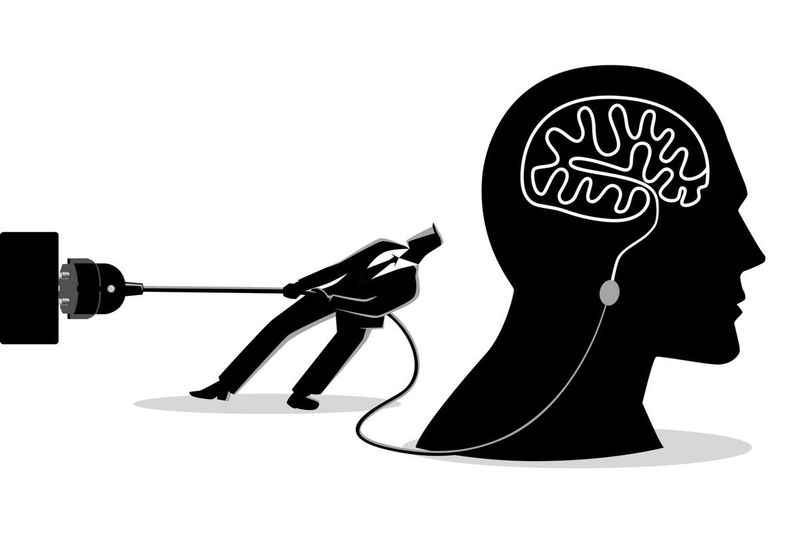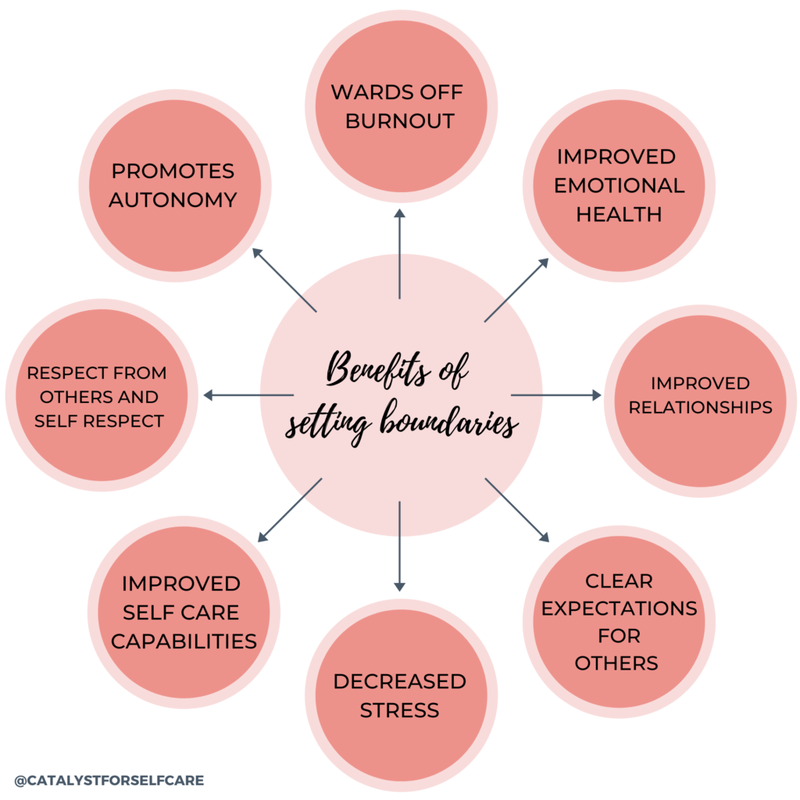Overthinking is a common struggle that many of us face, often leading to stress and anxiety. It’s easy to get caught in a loop of thoughts, analyzing every detail and possible outcome. This can be exhausting and counterproductive. Fortunately, there are practical strategies to help break this cycle and find peace of mind.
Whether it’s a simple shift in mindset or a specific action you can take, these methods are designed to help you regain control over your thoughts. By implementing these techniques, you can learn to focus on what’s important and embrace a more relaxed approach to life.
1. Practice Mindfulness

Mindfulness is the anchor you need to keep your thoughts from wandering. Picture yourself sitting quietly, focusing on your breath. Feel each inhale and exhale. This practice roots you in the present moment, gently nudging away past regrets and future anxieties. As you continue, notice your thoughts as passing clouds, acknowledging their existence without judgement. This isn’t about clearing your mind completely, but rather, understanding that thoughts are transient. Through regular mindfulness practice, you cultivate a sense of peace and clarity, making it easier to navigate the complexities of daily life.
2. Limit Information Intake

In our information-saturated world, it’s easy to feel overwhelmed. Imagine shutting down your laptop and turning off notifications. You decide what information deserves your attention, reducing mental clutter. By limiting the constant influx of news, social media, and opinions, you create space for clarity and focus. This conscious choice helps prioritize what truly matters, keeping your mind from spiraling. The power is in your hands to filter noise and hone in on what’s essential. Try taking a digital detox day to reset. Feel the freedom in disconnecting and reconnecting with yourself.
3. Set Boundaries

Setting boundaries is like drawing a protective circle around your wellbeing. Consider painting a ‘Do Not Disturb’ sign to hang on your door. This small act symbolizes claiming your time and energy. By prioritizing personal space, you communicate your needs to others, reducing the burden of external pressures. It’s about saying no without guilt, and focusing on self-care. With boundaries, you free up mental space, allowing for more thoughtful and deliberate decision-making. Discover the empowerment that comes with protecting your inner peace and respecting your own limits.
4. Embrace Imperfection

Perfectionism can trap you in an endless cycle of overthinking. Imagine baking cookies, where some come out in odd shapes. Instead of fretting, you laugh and savor their unique charm. This mindset shift encourages acceptance of life’s imperfections. By letting go of the need for everything to be perfect, you open yourself to new experiences and creativity. This isn’t about lowering standards, but rather, understanding that perfection is an illusion. Embracing imperfection allows you to move forward with confidence and joy, relishing the beauty in life’s unpredictability.
5. Engage in Physical Activity

Physical activity has a magical way of clearing the mental fog. Picture yourself jogging through a park with friends, the crisp air invigorating your senses. The rhythm of your feet hitting the ground syncs with your breath, creating harmony between body and mind. Exercise releases endorphins, lifting your mood and reducing stress. It’s a natural way to shift focus away from repetitive thoughts. Whether it’s a solo run or a yoga session, moving your body cultivates mental clarity. Feel the strength and connection with each step, freeing your mind from overthinking.

Well, hello there!
My name is Jennifer. Besides being an orthodontist, I am a mother to 3 playful boys. In this motherhood journey, I can say I will never know everything. That’s why I always strive to read a lot, and that’s why I started writing about all the smithereens I came across so that you can have everything in one place! Enjoy and stay positive; you’ve got this!

